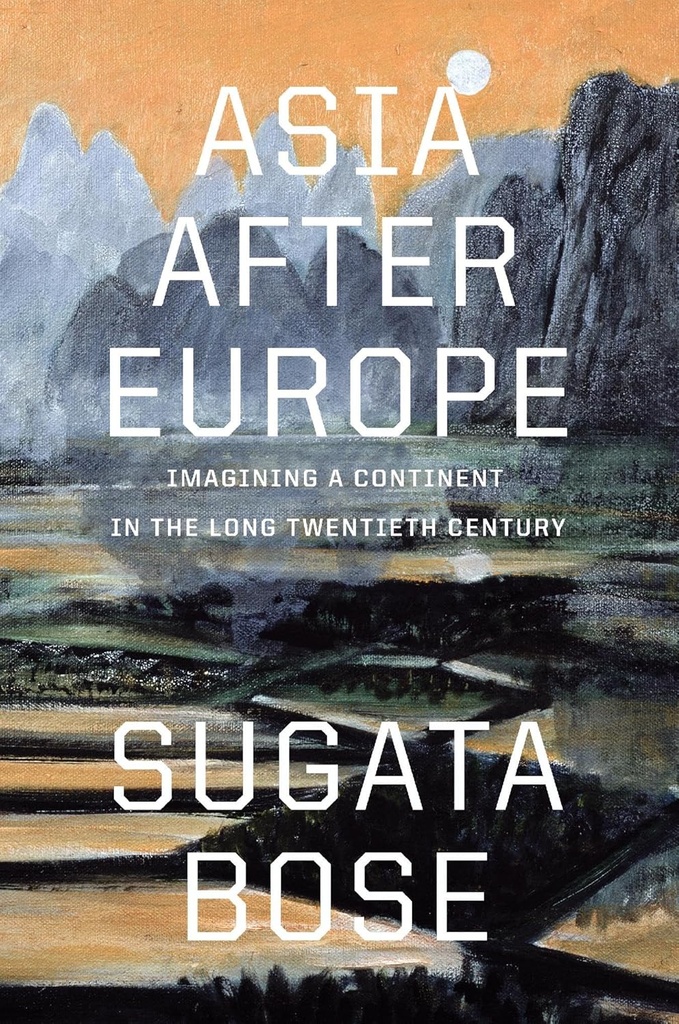A concise new history of a century of struggles to define Asian identity and express alternatives to European forms of universalism.
The balance of global power changed profoundly over the course of the twentieth century, above all with the economic and political rise of Asia. Asia after Europe is a bold new interpretation of the period, focusing on the conflicting and overlapping ways in which Asians have conceived their bonds and their roles in the world. Tracking the circulation of ideas and people across colonial and national borders, Sugata Bose explores developments in Asian thought, art, and politics that defied EuroAmerican models and defined Asianness as a locus of solidarity for all humanity.
Impressive in scale, yet driven by the stories of fascinating and influential individuals,Asia after Europe examines early intimations of Asian solidarity and universalism preceding Japan’s victory over Russia in 1905; the revolutionary collaborations of the First World War and its aftermath, when Asian universalism took shape alongside Wilsonian internationalism and Bolshevism; the impact of the Great Depression and Second World War on the idea of Asia; and the persistence of forms of Asian universalism in the postwar period, despite the consolidation of postcolonial nation states on a European model.
Diverse Asian universalisms were forged and fractured through phases of poverty and prosperity, among elites and common people, throughout the span of the twentieth century. Noting the endurance of nationalist rivalries, often tied to religious exclusion and violence, Bose concludes with reflections on the continuing potential of political thought beyond European definitions of reason, nation, and identity.
Delivery Charge (Based on Location & Book Weight)
Inside Dhaka City: Starts from Tk. 70 (Based on book weight)
Outside Dhaka (Anywhere in Bangladesh): Starts from Tk. 150 (Weight-wise calculation applies)
International Delivery: Charges vary by country and book weight — will be informed after order confirmation.
3 Days Happy ReturnChange of mind is not applicable
Multiple Payment Methods
Credit/Debit Card, bKash, Rocket, Nagad, and Cash on Delivery also available.










